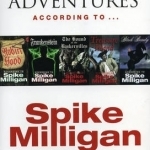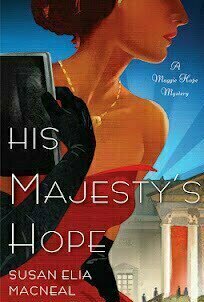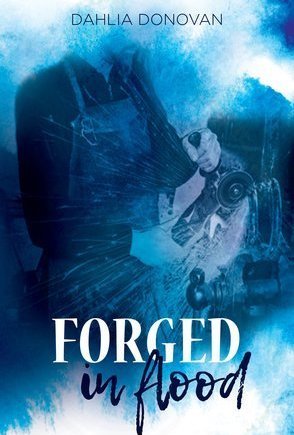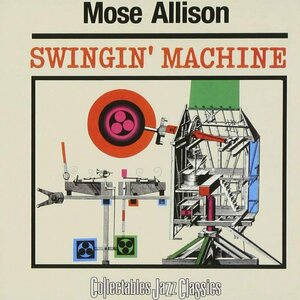Off-Road Giants!
Book
If you can recall watching motorcycle scrambles and trials on your black and white TV during the...

Classic Adventures According to Spike Milligan
Book
Spike Milligan wrote the book on today's sense of humour' 'But why keep me in the dark, Holmes?' 'It...
Ian Anderson recommended Swingin' Machine by Mose Allison in Music (curated)

Victim
Book
?Victim (1961) was a landmark in the history both of the cinema and of British society. This modest...

Survivor of the Long March: Five Years as a POW, 1940-1945
Book
Nothing prepares a man for war and Private Charles Waite, of the Queen's Royal Regiment, was...

The Boy, the Mole, the Fox and the Horse
Book
From the revered British illustrator, a modern fable for all ages that explores life’s universal...

IdunnGoddess
YouTube Channel
Hi! I'm Idunn :) Welcome to my channel with only new original DIY projects! Shortly about my DIYs...

His Majesty's Hope (Maggie Hope Mystery, #3)
Book
World War II has finally come home to Britain, but it takes more than nightly air raids to rattle...

Jack Milroy: Cut Out
William Packer, Antonia Byatt and Philip Hensher
Book
Jack Milroy: Cut Outs is the first substantial publication on the work of the prolific British...

Forged In Flood
Book
From bestselling author Dahlia Donovan comes a new witty novella between three very different men....

